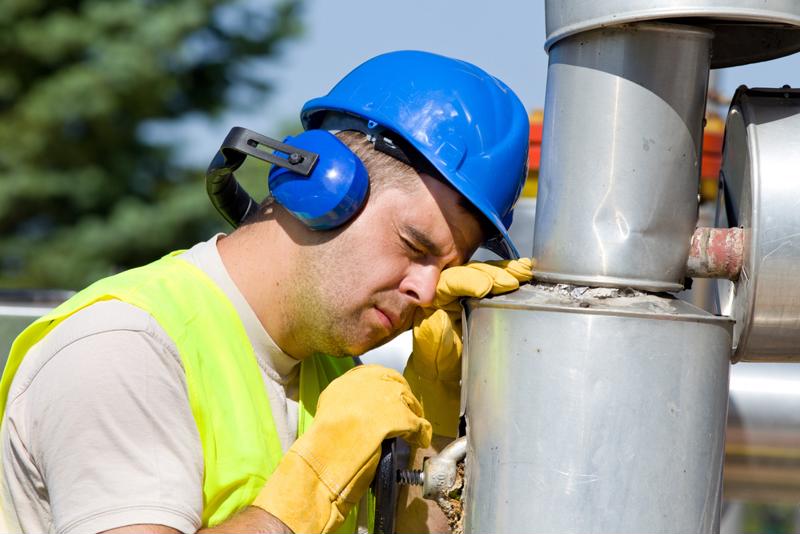International marine contractors need to follow the rules for best practices that apply wherever they operate. With something as common as fatigue, ensuring safety is essential. According to both the United Kingdom's Marine Accident Investigation Branch and the International Marine Contractors Association, certain practices can make fatigue less of a concern. Following some of these guidelines can lead to safer activity:
- Ensure divers are well trained: A CDiver post from last year said that commercial divers avoid fatigue and stress because they are "taught" how to deal with it. An experienced diver could recognize the symptoms of dangerous tiredness and know when they need help.
- Give divers a good night's sleep: An international code from the IMCA noted the need for low noise levels and appropriate rest for divers. "During saturation diving fatigue arising from irregular work and rest patterns can affect efficiency and safety," the standard stated. Low noise can be crucial for keeping divers in peak conditions.
- Meet proper working standards: One case mentioned in an MAIB safety digest involved a cargo vessel, which ran aground after an officer on duty fell asleep at his post. The ship also had its bridge navigational watch alarm system disabled, a requirement during the dark hours of shipping. Employers could staff more officers at once to avoid this, and also make sure their alarms are compliant.
- Staff appropriately: Another factor in the same case was the poor distribution of the crew. Part of the reason the officer fell asleep was the punishing work schedule, which had him filling in for other absent deck officers.
 Falling asleep on the job is dangerous for a marine worker.
Falling asleep on the job is dangerous for a marine worker.Fatigue doesn't come out of nowhere. In addition to these measures, employers might want to obtain maritime insurance from providers that understand their business.

